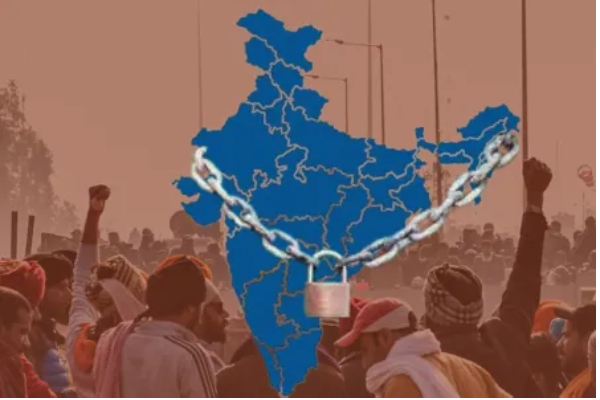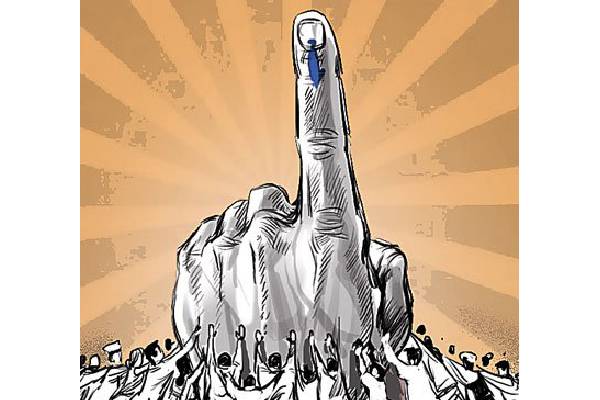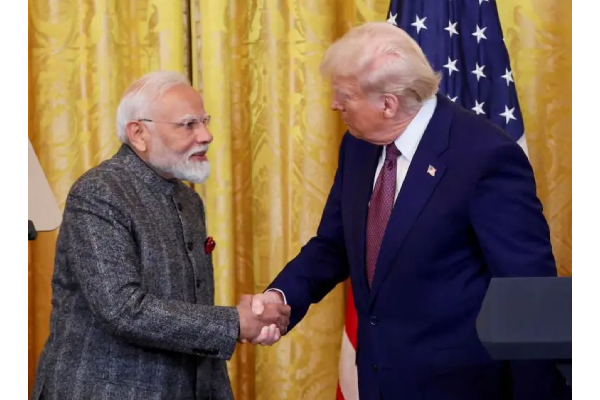In one of the biggest labour protests the country has ever witnessed after independence, as many as 25 Crore workers across multiple sectors hailing from all leading trade unions are observing a collective strike on Wednesday in order to show dissent over new reforms, increased privatisation, and growing economic distress in rural areas. The central issue behind the strike is a 17-point demand charter put forth before the Union Labour Minister last year.
Several services related to general public will be disrupted due to this massive strike. Banking, Postal, Electricity, Transportation, Coal Mining and factories are among those services which will be partially or fully impacted and millions of employees representing these sectors will not be discharging their duties as a mark of protest and unity for the demands in the charter.
A joint forum of 10 central trade unions along with associated workers and farmers organisations has called for the strike to express their displeasure against the anti-worker and anti-farmer policies of central government. They are opposing that the government wants to encourage corporate culture at the cost of hard working public servants.
The strike is not confined to just formal sector employees because workers from informal sector like SEWA groups, and rural communities and local communities are also joining the protest to collectively raise voice against the government’s policies. Public sector employees from key industries like steel plants, pharma companies, and other organisations have also expressed support to the strike.
The trade unions vehemently opposing the four new labour codes and allege that they could undermine the rights of workers due to increase in working hours, shielding employers from penalities when they violate labour laws, privatisation of public sector units, cost cutting measures, deployment of contract based workers and low wage parity.



































